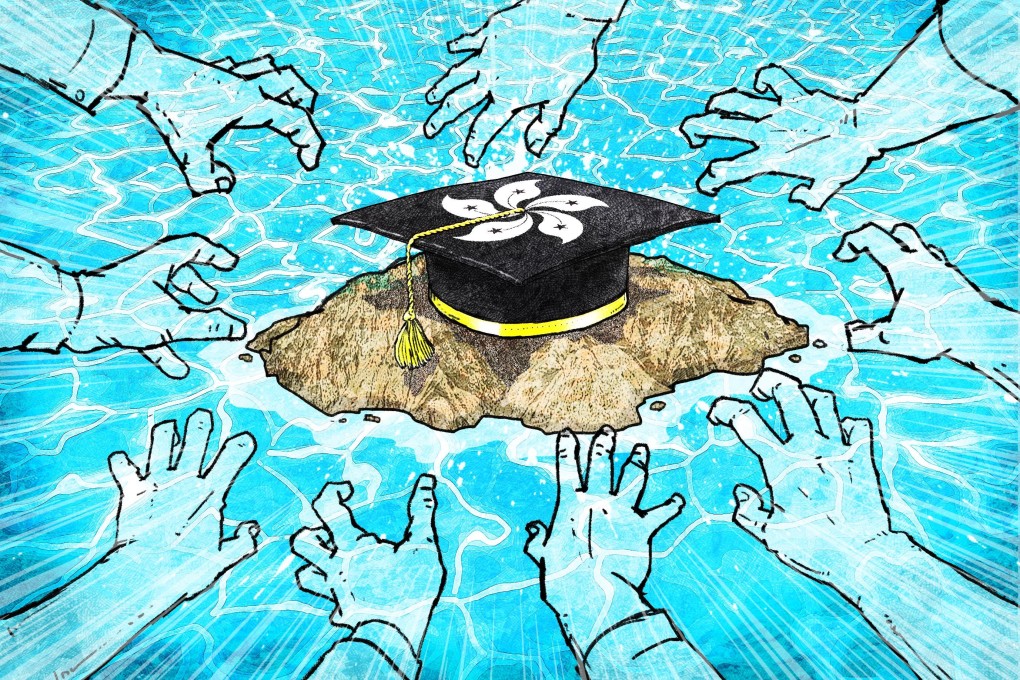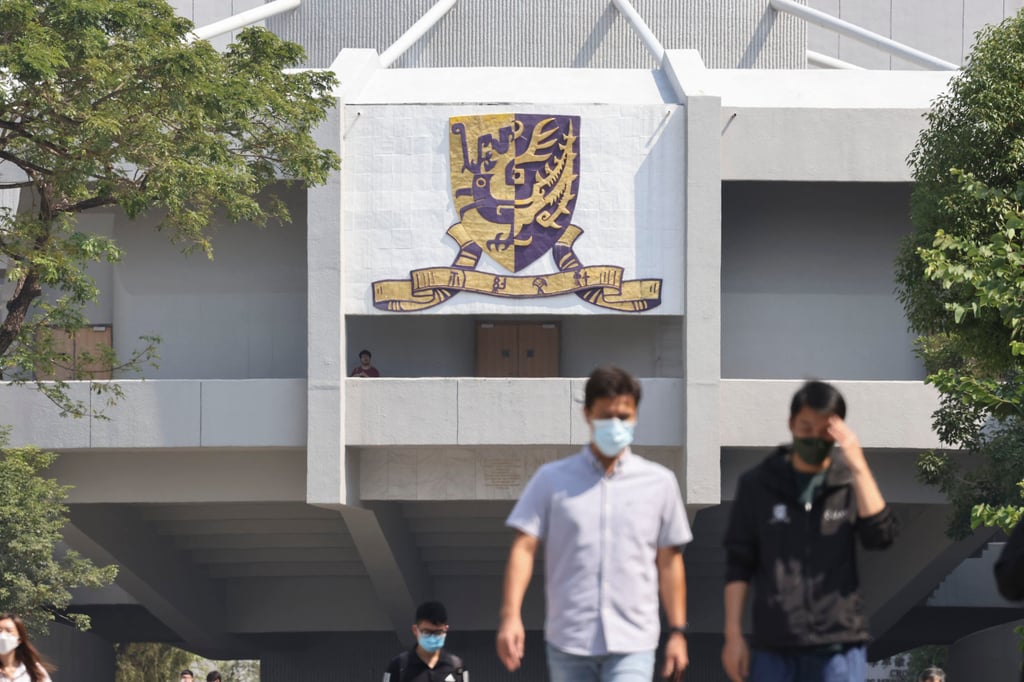Can Hong Kong’s top universities attract overseas students, scholars? Security law deters some, but not the main factor, academics say
- City authorities seek more international students, with plans to develop Hong Kong into international centre for postsecondary education
- Hong Kong is still attractive, thanks to scholarships, research, relative freedom, proximity to mainland, academics say

Indonesian student Lunaretta Linaura chose Hong Kong when she was deciding where to pursue a degree in journalism last year.
She was familiar with the city, having visited previously. Hong Kong had five universities ranked among the world’s top 100 in two major league tables, and it also cost much less to study there than in a Western country.
Lunaretta was pleased to land a spot in the journalism programme at the Chinese University of Hong Kong (CUHK) last year, but it did not take long for disappointment to set in.
“What attracted me was the list of courses provided on the programme’s website,” she said. “It was in English, so I assumed the classes would be available in English. But most of the courses I found interesting were taught in Cantonese.”
When she tried signing up for the “Creative and New Media” practicum, for example, she was assigned to English news writing instead, as the former lacked courses taught in English.

She also felt uneasy at the start of a student leaders’ training session attended by local and non-local undergraduates.